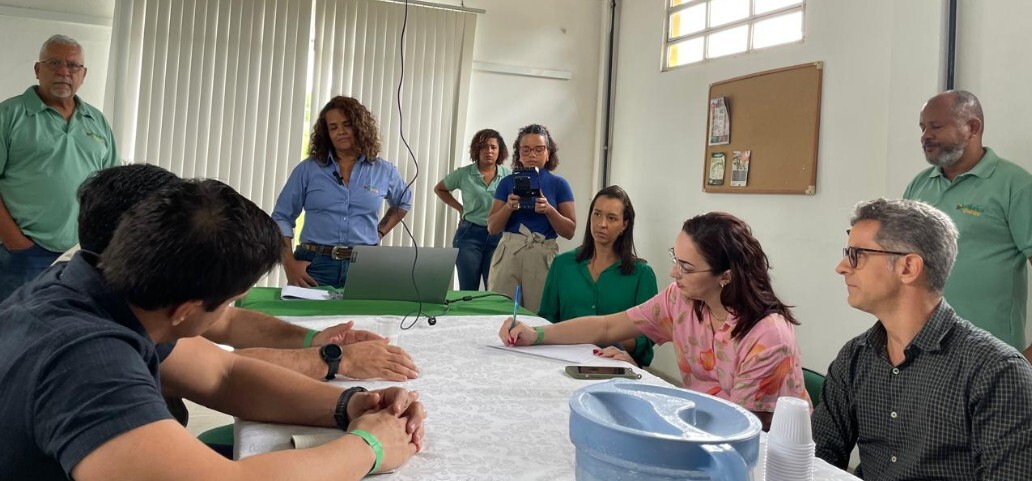| Led by: Climate Policy Initiative |
| Sector: Finance |
| Implementation period: January 2024 - March 2025 |
The State of Pará, in the Brazilian Amazon, is one of the most strategically important territories for land use and climate finance. Despite this, the state government has faced persistent barriers to attracting and managing investments in sustainable land use, including technical gaps in project preparation, limited institutional capacity to access finance, and challenges coordinating across public, private, and civil society actors. These challenges were particularly pressing in the lead-up to COP30, to be hosted in Belém, where the state aimed to showcase its commitment to climate-compatible development.
SEMAS/PA (the State Secretariat for Environment and Sustainability) recognised the need to mature a portfolio of investment-ready projects but needed tools and support to do so. The project aimed to address this challenge by providing technical assistance, capacity building, and strategic engagement, helping SEMAS identify and strengthen projects capable of attracting finance while supporting inclusive development and emissions reductions.
The project supported SEMAS/PA to reach readiness to catalyse climate finance for sustainable land use by delivering four key workstreams: project portfolio development, institutional capacity building, cost-benefit and financing analyses, and investor engagement and partnership development.
Through a participatory process, SEMAS selected three priority projects to be developed: a Biofábrica (bio factory) for seedling production to support restoration, a restoration concessions model to scale ecosystem recovery in degraded areas, and the Cocoa Innovation Center (CIC), to promote sustainable agroforestry. CPI delivered cost-benefit analyses, financial strategy documents, and technical proposals for each, supported by field visits and interviews with stakeholders.
The project trained 56 government officials through three climate finance workshops targeting SEMAS technical teams, executive leadership, and the state’s Climate Funding Committee (COMCAR-Clima). The CIC-Belém unit was further developed as a flagship initiative for COP30, with a formal site plan submitted and a brochure completed in Q1 2025.

“This project is a unique opportunity for the private market to realise that investing in environmental sustainability is not only beneficial to the environment but also financially profitable. The implementation of large-scale forest restoration and bioeconomy is feasible in Brazil and has great appeal for the financial sector."
- Joana Chiavari, Research Director, Climate Policy Initiative
